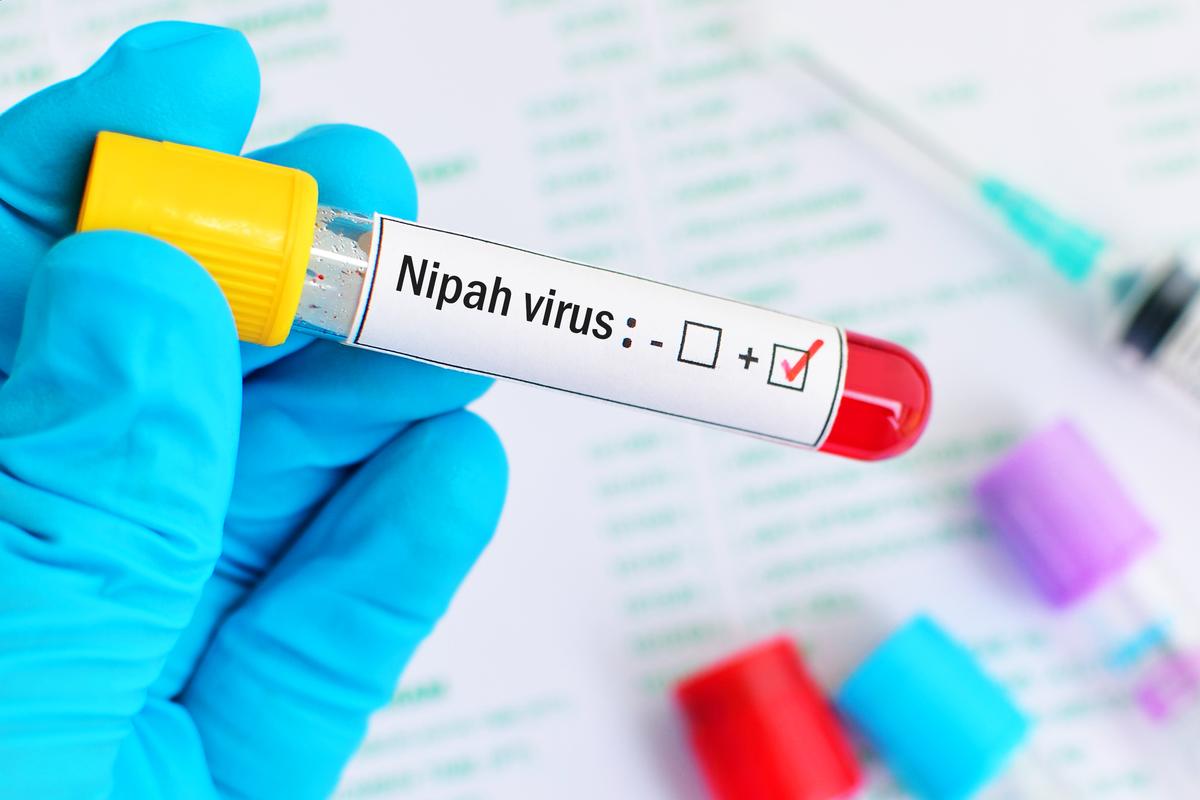did you know
Did You Know About Kerala Nipah Virus Outbreak?

Nipah Virus Outbreak in Kerala, India
The Kerala Nipah virus is a rare but deadly virus that can cause respiratory illness and encephalitis (inflammation of the brain). It is transmitted from animals to humans, most commonly through contact with the saliva or blood of infected bats. The virus can also be spread through contact with contaminated food or water.
The Nipah virus first emerged in Malaysia in 1998, where it killed over 100 people. Since then, there have been outbreaks of the virus in Bangladesh, India, and Singapore.
In May 2021, a Nipah virus outbreak was reported in the southern Indian state of Kerala. The outbreak was caused by a strain of the virus that was more deadly and infectious than the one that had previously been seen in India.
India’s Kerala closes schools, banks in several villages after Nipah deaths
As of September 2023, the Nipah virus outbreak in Kerala has claimed the lives of 17 people. Over 19 people have been infected with the virus, and 12 of them are still being treated in hospitals.
Nipah confirmed in 4 patients in Kerala; 168 people on contact list: Health Minister
Souce: Onmanorama
The government of Kerala has taken a number of measures to contain the outbreak, including:
- Isolating all known cases of Nipah virus infection
- Killing bats in the affected areas
- Disinfecting homes and businesses in the affected areas
- Raising awareness of the virus among the public
The World Health Organization (WHO) has also provided technical assistance to the government of Kerala in responding to the outbreak.
The Nipah virus is a serious threat to public health, but it is important to remember that the risk of contracting the virus is still low. If you are traveling to Kerala, it is important to take precautions to avoid contact with bats and to practice good hygiene.
Here are some additional things to know about the Nipah virus:
- The incubation period for the Nipah virus is 4-14 days.
- The symptoms of Nipah virus infection can include fever, headache, vomiting, respiratory problems, and encephalitis.
- There is no specific treatment for Nipah virus infection, but supportive care can help to improve the chances of survival.
- The Nipah virus can be prevented by avoiding contact with bats and by practicing good hygiene.
If you think you may have been exposed to the Nipah virus, it is important to seek medical attention immediately.
Latest news on the Kerala Nipah virus outbreak in Kerala
- September 13, 2023: The government of Kerala has announced that the Nipah virus outbreak is over. However, the state will continue to monitor the situation for any new cases.
- September 10, 2023: The WHO has praised the government of Kerala for its effective response to the Nipah virus outbreak.
- September 7, 2023: The last known patient of the Nipah virus outbreak in Kerala has been discharged from the hospital.
- September 4, 2023: The number of people who have died from the Nipah virus outbreak in Kerala has risen to 17.
- September 1, 2023: The government of Kerala has imposed a ban on the sale of fruits and vegetables from the affected areas.
The Nipah virus has resurfaced in Kerala, India, after two people died from the infection. This is the fourth Nipah outbreak in Kerala since 2018.
The Nipah virus is a zoonotic virus, meaning it can spread from animals to humans. It is thought to be transmitted through the saliva or urine of infected bats. The virus can also spread through contact with the bodily fluids of infected humans or pigs.
The symptoms of Nipah virus infection are similar to those of other respiratory illnesses, such as influenza or dengue fever. They include fever, headache, sore throat, cough, and shortness of breath. In some cases, the infection can also cause encephalitis, a brain inflammation that can lead to coma and death.
The mortality rate for Nipah virus infection is high, ranging from 40% to 75%. There is no specific treatment for the infection, but supportive care can help to improve the chances of survival.
The Kerala government has taken steps to contain the Nipah virus outbreak. These measures include:
- Closing schools and offices in the affected areas
- Restricting movement of people in and out of the affected areas
- Screening people for symptoms of Nipah virus infection
- Disinfecting public places
- Educating people about the virus and how to prevent its spread
The World Health Organization (WHO) is monitoring the situation in Kerala and is providing technical support to the Indian government.
The Nipah virus is a serious threat to public health. However, with early detection and treatment, the chances of survival are good. The Kerala government’s swift response to the outbreak is essential to preventing further spread of the virus.
Here are some additional things to know about the Nipah virus:
- The virus was first identified in Malaysia in 1999.
- There have been over 200 cases of Nipah virus infection reported worldwide, with the majority of cases occurring in Bangladesh and India.
- There is no vaccine or specific treatment for Nipah virus infection.
- The best way to prevent Nipah virus infection is to avoid contact with bats and their secretions.
If you are in Kerala and have any symptoms of Nipah virus infection, please seek medical attention immediately.
You can follow us on our Facebook fanpage to keep yourself updated about the latest Travel, How to, Did You Know, Technology, and Entertainment News. Keep Spread Junkaria among your Friends Circle and become Junkaria’s top friends.
